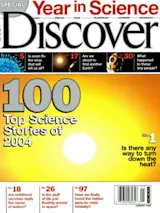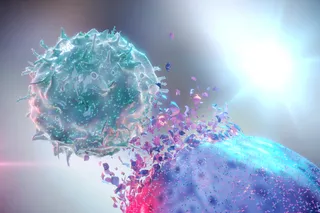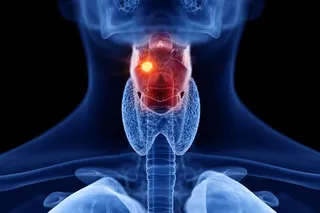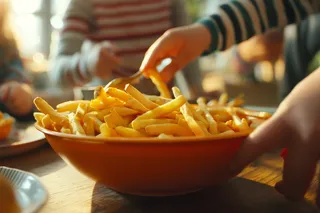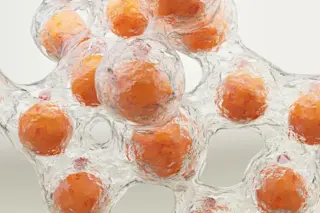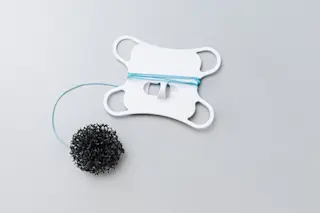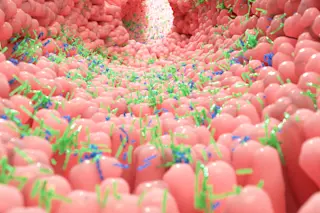Vegetables pack a roundhouse punch against cancer, according to a September report by nutritional scientist Keith Singletary of the University of Illinois at Urbana-Champaign. Studies had shown that substances in some vegetables help prevent mutations that turn normal cells cancerous. Now Singletary’s research reveals a phytonutrient in vegetables can also kill breast cells that are already cancerous.
Singletary added sulforaphane, a chemical in broccoli, kale, brussels sprouts, and other cruciferous vegetables, to cultures of human breast cancer cells. Within hours, the cells stopped dividing. Sulforaphane seems to work by interrupting the tiny microtubules that normally pull pairs of chromosomes apart when cells divide. Without the tubules, malignant cells can’t multiply. And sulforaphane seems to leave normal cells untouched.
Singletary warns that what happens in the test tube may not be what happens in the body. “We need to better understand the effects of this compound at levels that are physiologically relevant,” he adds. “But what we can say is that this is more evidence that including plant foods in our diets is generally a good idea.”


